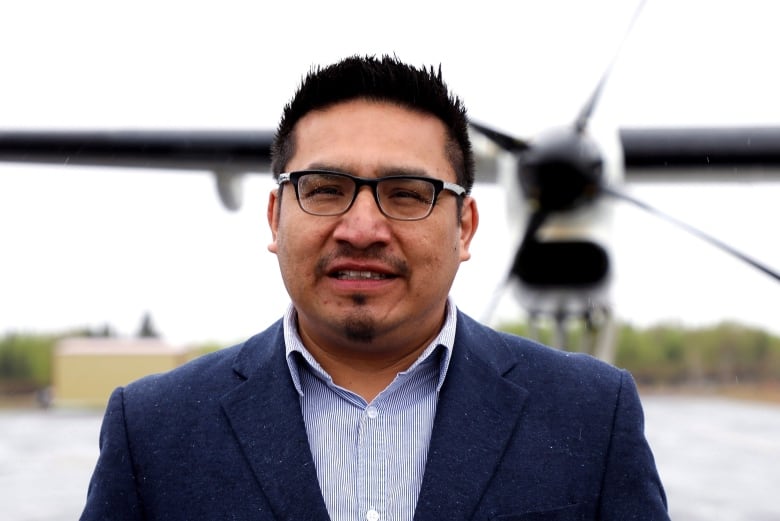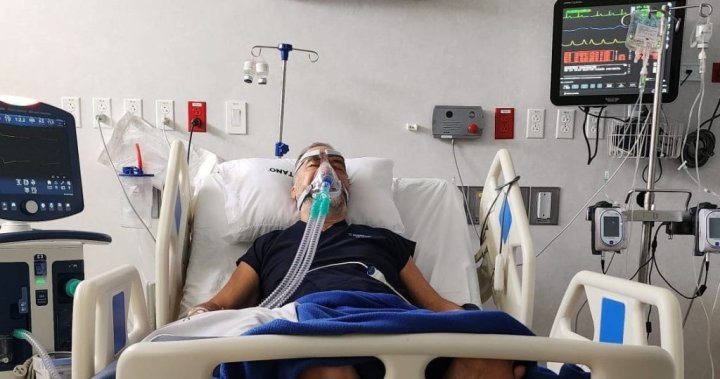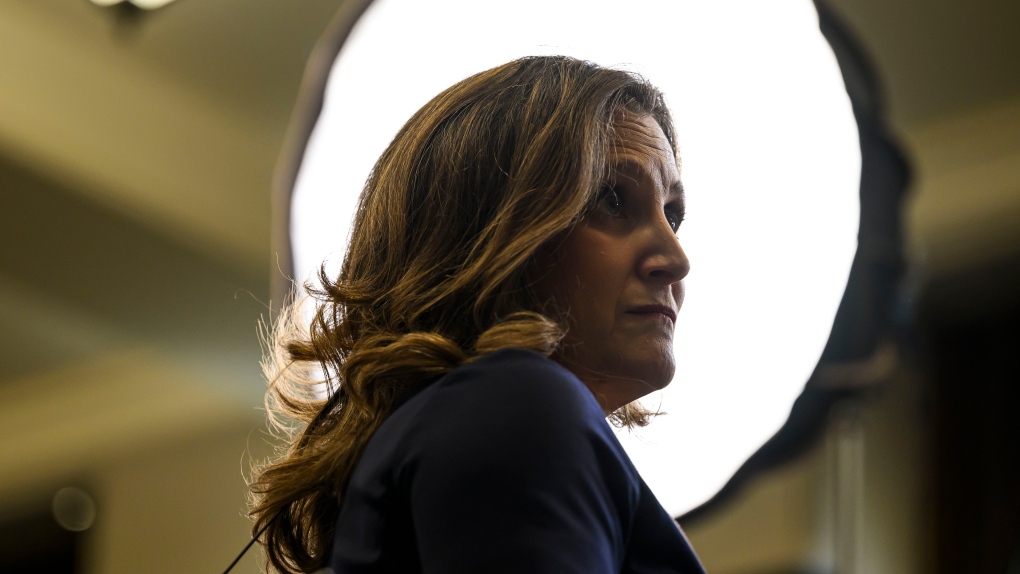Three children died in a house fire in Sandy Lake First Nation in Ontario last week, prompting calls for action and not just “more talk” when it comes to getting northern communities the firefighting resources they need.
The NDP member of provincial parliament (MPP) for Kiiwetinoong was among those who spoke to CBC on Monday. The fire in the community about 600 kilometres northwest of Thunder Bay began late Thursday, and claimed the lives of children aged 4, 6 and 9.
“It’s really sad,” Sol Mamakwa said. “You cannot help but cry with the the community of Sandy Lake.”
Mamakwa said it’s not enough to “make it look like we’re doing something.”
“We need to be able to come up with a plan whereby we look at these issues. It’s just not enough to send condolences anymore.
“We need action,” Mamakwa said. “No more talk.”
Emergency infrastructure urged
A statement issued last week by the Sandy Lake community said firefighters, police and community members acted quickly, but the house was already engulfed in flames.
Only one water truck was available to feed the fire truck, according to the statement, adding that a lack of adequate water lines and infrastructure prevented the use of fire hydrants.
Ontario’s Office of the Fire Marshal, along with the provincial coroner’s office and Nishnawbe Aski Police Service, have been investigating.
Melvin McLeod, president of the Ontario Native Firefighters Society and emergency services manager for Nipissing First Nation, said Monday that First Nations face a number of emergency infrastructure challenges.
For example, he said, the Sandy Lake fire took place in freezing temperatures, lower than –30 C.
“What happens with situations like that is your pumps freeze, and there is really no way to prevent that because it’s just so cold,” McLeod said. “The solution to that would have to be you’d have to retrofit your pumpers and whatnot with some devices to keep them from freezing.”
He said hoses also freeze, and need to be replaced with others.

But many First Nations lack basic infrastructure like proper fire halls, with a place to park fire trucks and store equipment.
Other issues include lack of water supplies, as well as permafrost that makes running and maintaining underground water lines difficult, McLeod said.
Further, there’s a lack of volunteers to fight fires and training for those who do come on board, he said.
Wood stoves carry safety risk
A lack of housing means small dwellings can be overcrowded and heated with wood stoves, which carries its own risks.
“There’s just so many, so many factors,” he said. “It’s a really, really a high hill to climb.”
Solutions aren’t simple, either, McLeod said.
“I think you have to get a multifaceted approach framework developed with co-ordinated responses, from housing to infrastructure, to fire protection, to getting to the chiefs and councils involved,” McLeod said. “It’s not just one specific item because you can attack fire prevention all you want, right?
“But if the smoke alarms or early prevention activities are not being followed through by the homeowners or even the people in the community, then you’re back to Square 1,” he said. “You can go ahead and correct the housing problem and build all these houses, but that’s not a quick solution.”
Ideas to improve fire safety on First Nations
McLeod is on the board of the National Indigenous Fire Safety Council, which is working to launch programs and provide training to improve firefighting services on First Nations.
One goal is to create an Indigenous fire marshal’s office that McLeod said would “kind of roll out the plan to train, create these programs and services that will be available to these First Nations in Ontario.”
The office would be “almost like an advocacy program at the same time, where you’re going to go after the government and [say], ‘Here’s the data we’ve collected. Here’s what we need to do, and here’s where we’re lacking and need to move this forward.’
“You have to try and prioritize some of the the smaller things in order to get to get the ball rolling.”
Mamakwa said he’ll raise the issues surrounding fire safety on First Nations when the Ontario Legislature resumes sitting.
“We’ve seen too many of our children die,” he said. “To be complacent, and make it look like as if we’re doing something, we cannot continue that route, that road, because children are paying in full with their lives, with this complacency, with this continued path towards oppression, colonialism … where we strategically underfund communities this way.”





More Stories
‘Pretty scary’: Ill Ontario man stranded in Costa Rica finally recovering in Canada | Globalnews.ca
Trump allies Meadows, Giuliani among 18 indicted in Arizona election interference case | CBC News
RCMP confirm 2 kayakers missing from Sidney, B.C., found dead in Washington state | CBC News